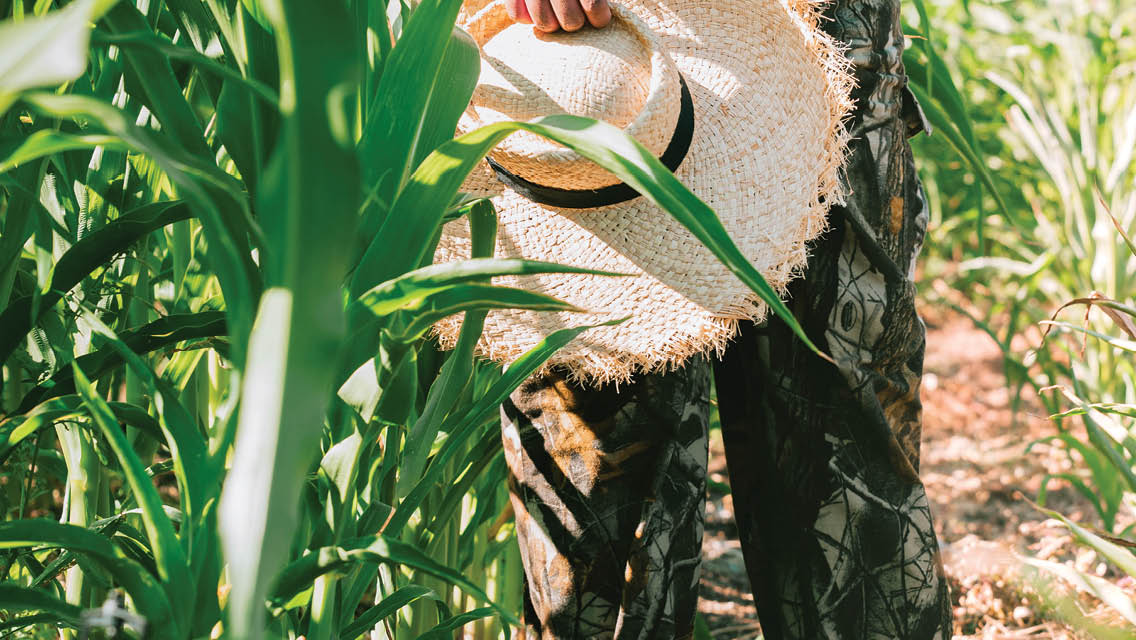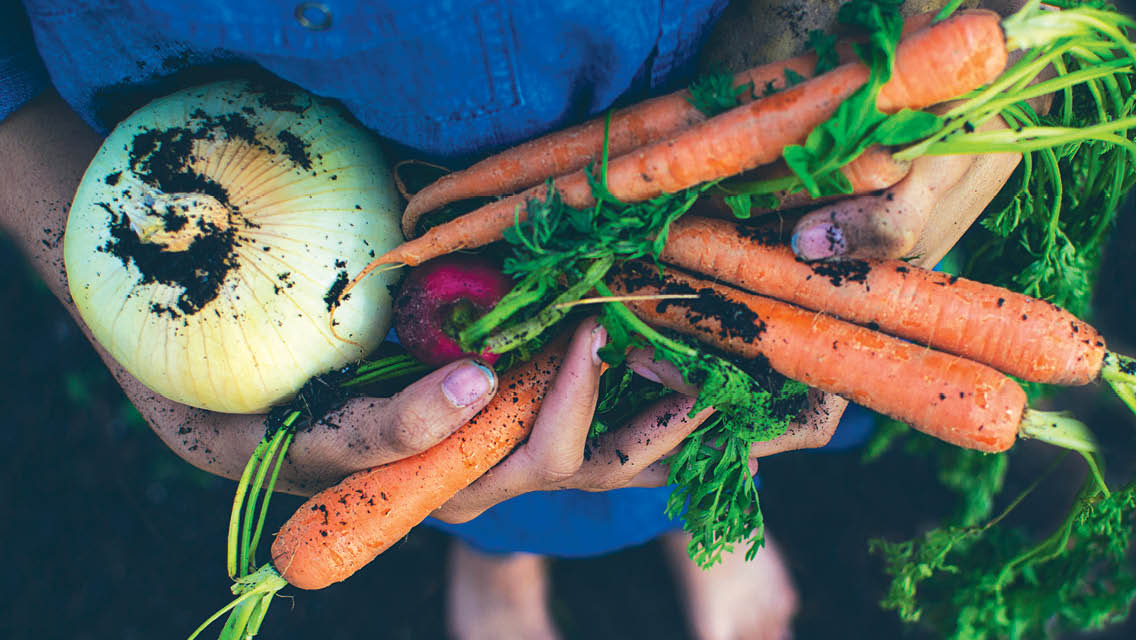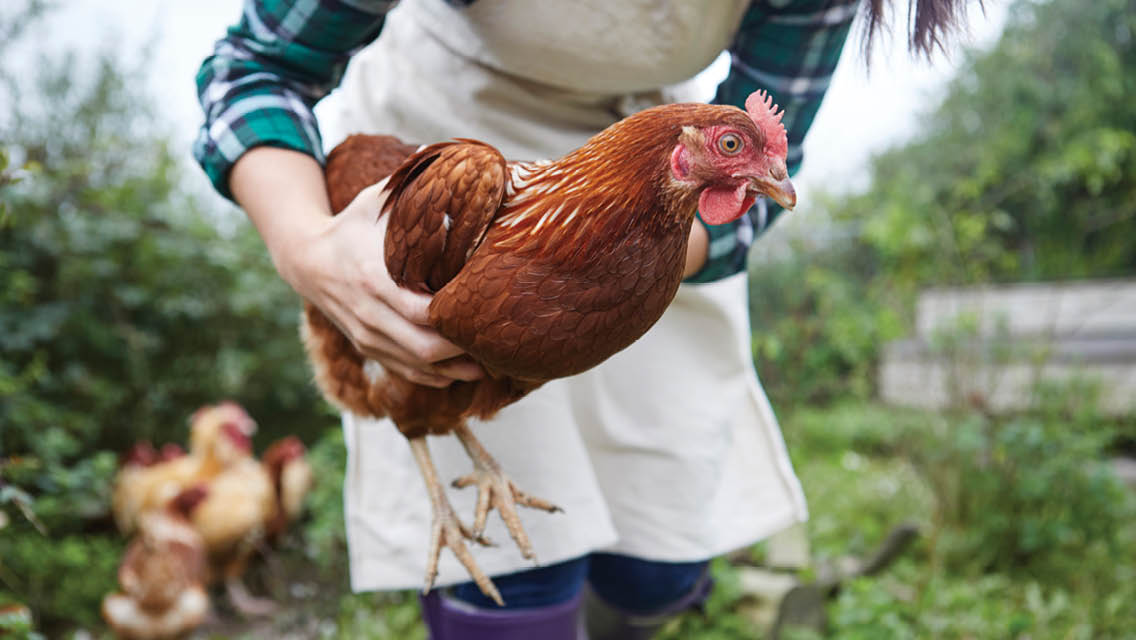How food is grown, ranched, and fished can play a major role in climate shifts, contributing to drought, floods, and other disruptive forces that, in turn, often lead to greater dependence on unsustainable methods — like using more water and pesticides — to maintain food production.
A regenerative-agriculture model takes a different approach. It seeks to work with the land and even the weather, rather than escalating the war between farm and environment.
But implementing this type of farming takes education, funding, and other forms of support. That’s where Kiss the Ground (KTG) comes in. The California-based organization aims to make it easier for farmers to adopt sustainable practices.
Cofounder Ryland Engelhart describes the group’s work as a “mission to awaken” people about the possibilities of regenerative agriculture. And it’s working.
“Soil is suddenly ‘sexy,’” says Engelhart. “Some of the world’s biggest brands have come to adopt the regenerative view and language, which is to understand that we must do more than sustain a broken system.”
A group of concerned friends launched KTG in 2013 after researching regenerative land practices. They discovered an approach that “views land as a living system to participate in,” Engelhart says. He recently co-produced a Netflix documentary on regenerative farming — also called Kiss the Ground — to help boost public awareness of the need to climate-adapt our food systems.
Today KTG’s stewardship program offers training in soil health and regenerative methods for home gardens and neighborhoods. They also provide mentorship, as well as scholarships and financial assistance, to farmers and ranchers — especially those who are low-income, people of color, immigrants, or LGBTQIA+, and seeking to shift to a regenerative approach.
“Plenty of data show that a more biodiverse and biologically healthy system will outperform and outlast a conventionally and chemically dependent agricultural system during extreme weather events,” Engelhart says. “Just like a healthy immune system can ward off potential pathogens, healthy ecosystems can similarly ward off the pressures that come with a changing climate.”
Learn more about Kiss the Ground at kisstheground.com.
This was excerpted from “Climate Champions” which was published in the April 2022 issue of Experience Life magazine.





This Post Has 0 Comments